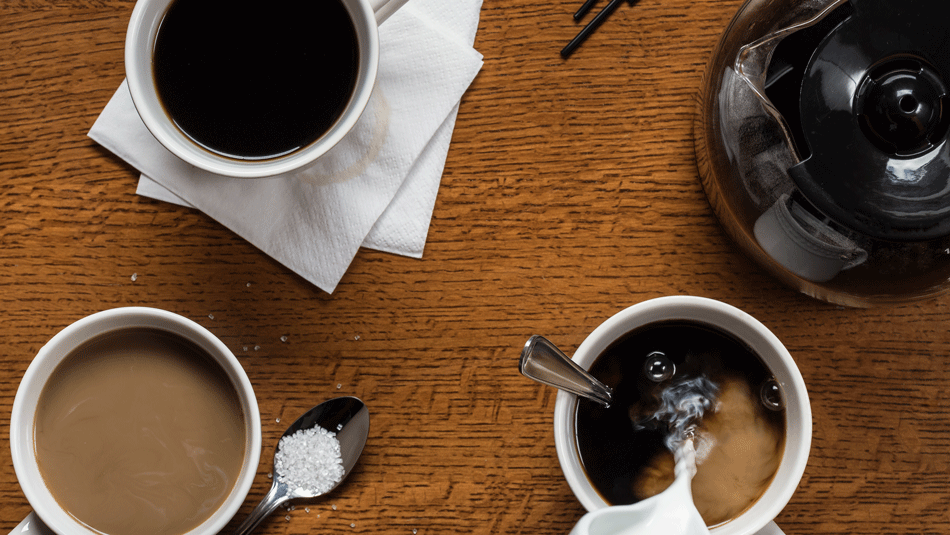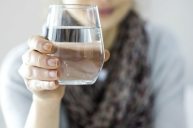Whether you're a coffee, tea, or hot water with lemon person, there's no denying that a hot beverage in the morning or evening is part of your routine. For many Americans and folks overseas, mealtimes and snack breaks are often structured around consuming the psychoactive substances of coffee and tea. You might not consider them to be, but they indeed are and these caffeine stimulants are legal worldwide to give you the mid-morning pick-me-up you need. So if you can't break the habit, it's time to learn what it does to your body. For instance, do caffeinated beverages dehydrate you? Coffee drinkers, rejoice, because as it turns out, it doesn't explicitly cause dehydration. However, you're not in the clear yet with your caffeine consumption.
Videos by Wide Open Country
Let's break it down. Like sports drinks, cocktails, sparkling water, and energy drinks, drinking coffee increases your hydration levels because it's contributing to your daily fluid requirement right off the bat. However, as Katherine Zeratsky, R.D., L.D., for the Mayo Clinic wrote, "caffeinated drinks may have a mild diuretic effect — meaning that they may cause the need to urinate — they don't appear to increase the risk of dehydration."
What this means is that while you are getting your daily fluid intake no matter what you drink, coffee and tea increase your urine output because your kidneys flush out the extra sodium and water. This still doesn't lead to dehydration, however, because as Dr. Daniel Vigil explained to Time, "Even though caffeine is a mild diuretic... you won't lose more fluid through urine than you take in by drinking a caffeinated beverage." He goes on to say that your tea and coffee consumption should count toward your daily amount of water per day.
Coffee, additionally, has wide-ranging health benefits in your body. Lawrence Armstrong, a professor in the Department of Kinesiology at the University of Connecticut and director of the Human Performance Laboratory shared study results with LiveScience of the effects of caffeine on the body. Drinking too much coffee can cause insomnia and headaches in some folks, which can also be misinterpreted as a dehydrating effect but is really just caffeine. However, "the highest antioxidant intake among adults in America comes from coffee."
It can also protect against liver cancer and prevent the development of type 2 diabetes, while working to lower blood pressure and combat depression and dementia. So for now, just remember that your coffee intake won't affect your hydration status, but it will affect your urine volume, which isn't the same thing. If you feel your caffeine intake is affecting fluid loss, like most regular coffee drinkers, have a glass of water after your first morning cup to take advantage of those similar hydrating qualities.





